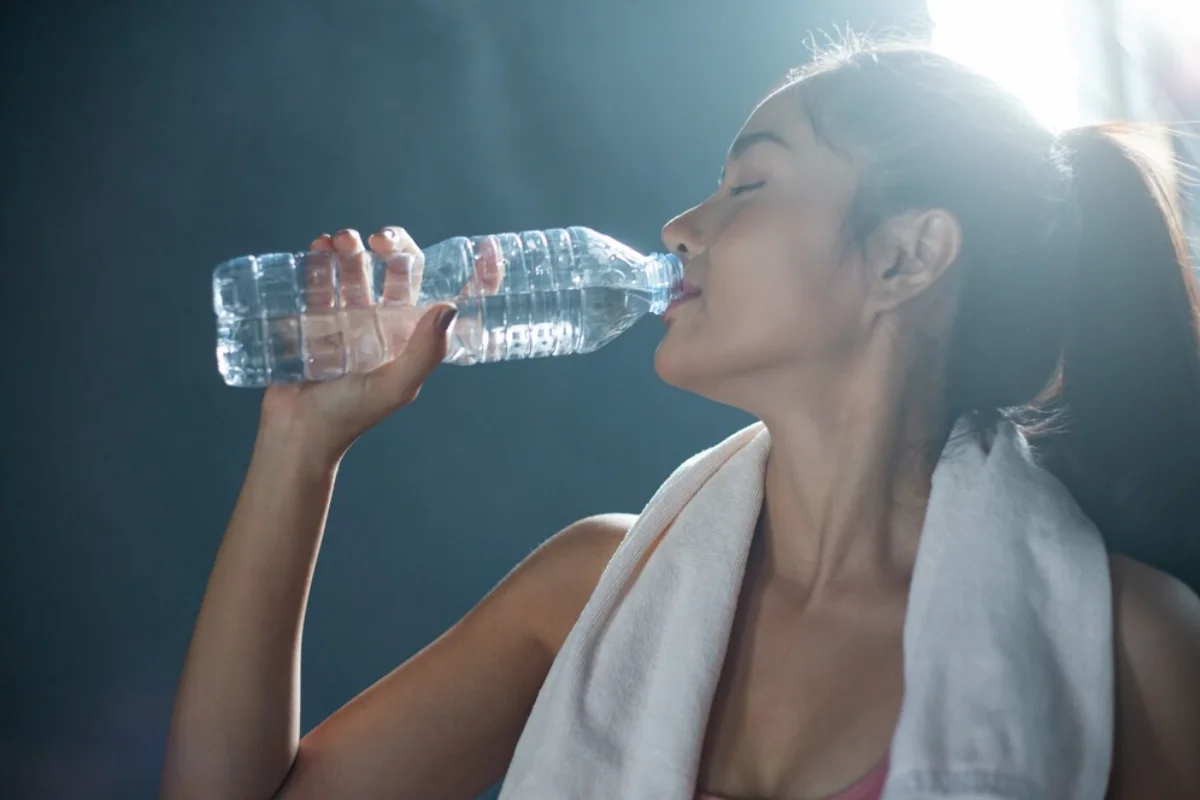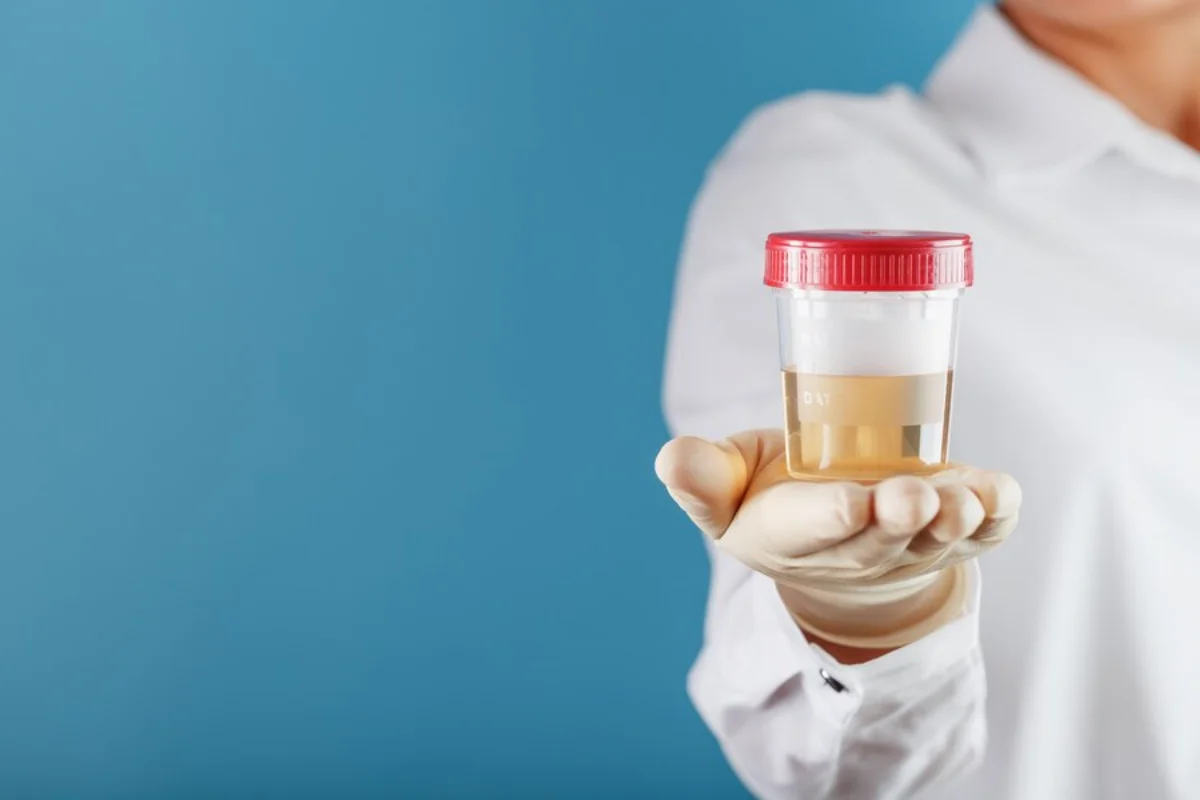
Hydration and Fitness: How Much Water Do You Need?
Hydration is often overlooked in fitness, but it matters a lot. Many focus on reps or miles, yet water intake is key to reaching fitness goals. Knowing how hydration affects your performance and recovery can change your routine. This blog post shares tips on staying hydrated, balancing electrolytes, and managing hydration while working out. These insights can help you optimise your fitness journey.

Key Benefits / Why It Matters
The Role of Hydration in Fitness
Water is the most vital nutrient for life, yet it is often underestimated in the context of fitness. Proper hydration is essential for maintaining body temperature, lubricating joints, and transporting nutrients to give you energy and keep you healthy. Dehydration, conversely, can lead to fatigue, dizziness, and muscle cramps, all of which can severely impede your workout performance.
Real-Life Applications and Data-Backed Insights
Research has shown that even mild dehydration can affect your mood, energy level, and ability to think clearly. A study published in the Journal of Athletic Training found that dehydration by just 2% of body weight can lead to a noticeable decrease in physical performance. This highlights the importance of maintaining adequate hydration, especially during intense physical activities.

Step-by-Step Guide / Actionable Insights
Understanding Your Hydration Needs
Your hydration needs can vary based on several factors, including your age, gender, weight, and workout intensity. Here’s a step-by-step guide to help you determine how much water you need:
Calculate Your Daily Water Intake
- Assess Your Baseline Needs: The general recommendation is to drink at least 2 litres of water a day. However, this can increase depending on your activity level.
- Consider Your Exercise Routine: Add 350ml of water to your daily intake for every 30 minutes of moderate exercise. For intense workouts, you may need more.
- Account for Environmental Factors: Hot or humid conditions can increase your sweat rate, necessitating more fluid intake.
Timing Your Hydration
- Pre-Workout Hydration: Drink about 500ml of water 2-3 hours before your workout. This gives your body time to absorb the fluid and helps to ensure you’re well-hydrated before you start.
- During Workout Hydration: Aim to drink 150-250ml of water every 15-20 minutes during exercise. This is especially important if you’re sweating heavily.
- Post-Workout Hydration: Replenish lost fluids by drinking 500ml of water for every pound of body weight lost during exercise. Weigh yourself before and after your workout to determine your sweat loss.
Importance of Electrolyte Balance
Electrolytes such as sodium, potassium, and magnesium are crucial for maintaining fluid balance, muscle function, and nerve signalling. When you sweat, you lose both water and electrolytes, which need to be replaced to maintain optimal bodily functions.
Replenishing Electrolytes
- Incorporate Electrolyte-Rich Foods: Include foods like bananas, spinach, and avocados in your diet to naturally replenish electrolytes.
- Consider Sports Drinks: For workouts lasting longer than an hour, or in hot conditions, a sports drink containing electrolytes can be beneficial.
- DIY Electrolyte Drinks: Make your own electrolyte drink by adding a pinch of salt and a squeeze of lemon to your water.

Additional Expert Tips & Common Mistakes to Avoid
Best Practices Beyond the Basics
- Listen to Your Body: Thirst is a natural indicator of your hydration needs. Don’t ignore it; drink when you’re thirsty.
- Monitor Your Urine Colour: A pale yellow colour generally indicates adequate hydration, while dark yellow suggests you need more fluids.
- Customise Your Hydration Plan: Everyone’s hydration needs are different. Experiment with different strategies to find what works best for you.
Common Mistakes and Misconceptions
- Overhydration: Drinking too much water can lead to hyponatremia, a condition where the sodium levels in your blood become dangerously low. Balance is key.
- Ignoring Electrolytes: Focusing solely on water intake without replenishing electrolytes can lead to imbalances, especially during prolonged or intense exercise.
- Assuming Non-Water Beverages Count: While other drinks contribute to your fluid intake, they may also contain sugars and caffeine, which can affect hydration.
Advanced Insights / Expert Recommendations
Unique Industry Perspectives
The fitness industry is increasingly recognising the importance of personalised hydration strategies. Advanced technologies, such as sweat patch sensors, are being developed to provide real-time feedback on an individual’s hydration status and electrolyte loss. These innovations can help athletes and fitness enthusiasts tailor their hydration strategies more precisely.
Lesser-Known Insights
- The Role of Caffeine: While caffeine can have a diuretic effect, moderate consumption does not significantly impact hydration status. However, it’s important to balance caffeinated drinks with water intake.
- Hydration and Recovery: Proper hydration can enhance recovery by reducing muscle soreness and improving muscle repair. Incorporating hydration into your recovery routine is just as important as during your workout.
Maximising Your Fitness Through Proper Hydration
Quench your thirst for fitness—hydration is your secret weapon. Knowing your body’s hydration needs is crucial for peak performance. Mix in that essential electrolyte balance, and watch your workouts soar. Hydration isn’t merely gulping down water; it’s about striking a harmony that fuels your health and fitness dreams. So, sip wisely and feel the difference in every drop!
So next time you lace up your trainers, don’t forget to grab your water bottle and keep these hydration tips in mind. Are you ready to take your fitness to the next level with optimal hydration?


